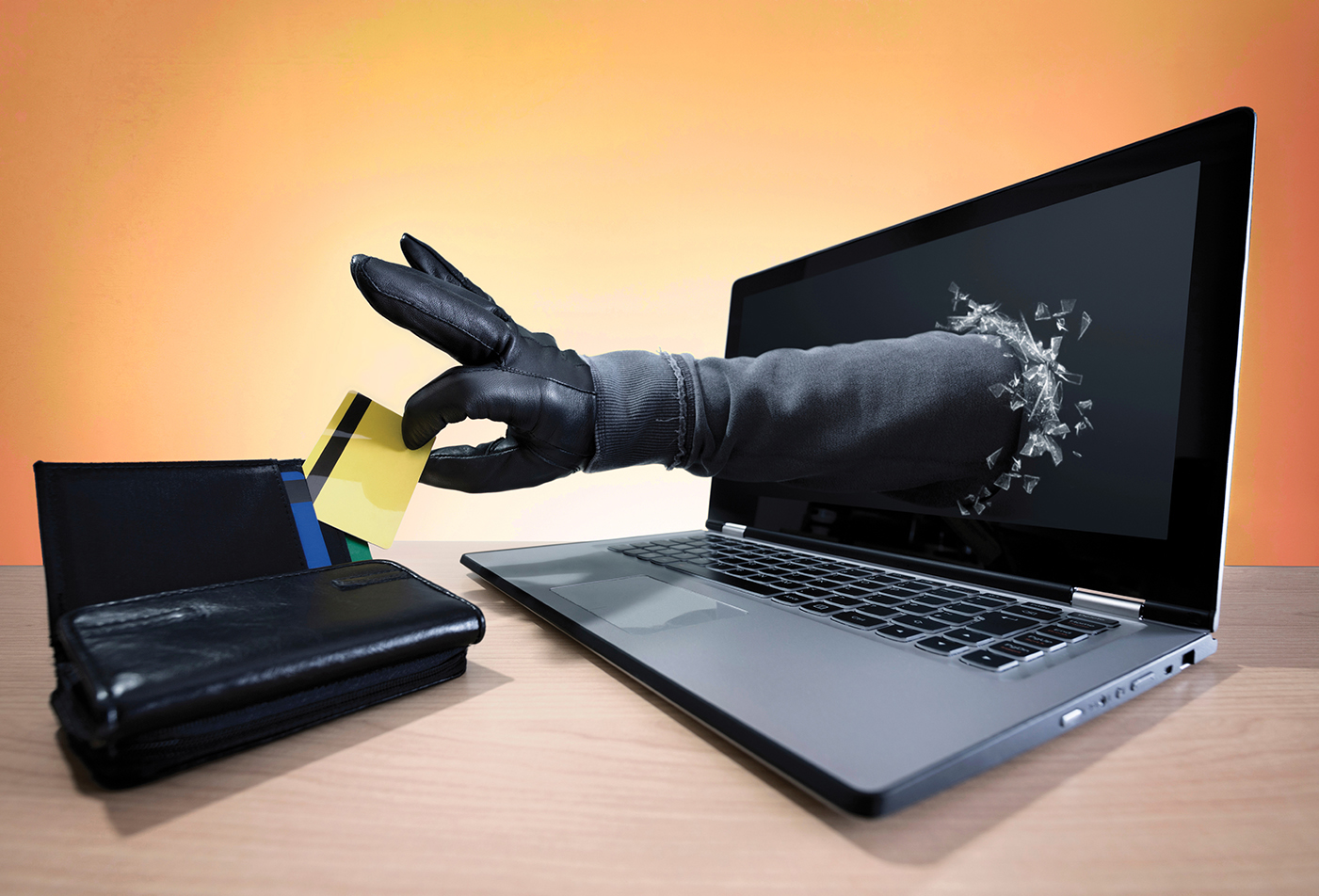Cyber-criminals stole masses of private information this summer—including yours?
By Lola Augustine Brown
The US consumer credit-monitoring company Equifax revealed in early September that it was subjected to a massive cyber attack over the summer. Hackers managed to steal credit card and other private information belonging to some 143 million people; most of the victims are Americans, but an unknown number were Canadians. The loot included names, social insurance numbers, birth dates, addresses, and 209,000 credit card numbers.
The thieves will be able to use the information to create credit card accounts they can max out and even to get mortages using their victims’ quite legitimate credit history—or they’ll sell the information to other criminals who will use it for those purposes. And if it’s your information they use, it could take you a long time to sort out the mess.
Equifax has been widely criticized for waiting weeks before telling anyone about the hack and for not providing enough information about it, though the company has promised to send out direct mail notices to those affected. Meanwhile, here’s what you can do:
Monitor your credit report and credit score. Equifax has set up a special website (equifaxsecurity2017.com) where you can find out if your details were part of the breach and sign-up for free monitoring of your credit report for a year. The company also has a toll-free number you can call for information: 1-866-447-7559.
You can also use various other credit reporting sites to check that nothing suspicious is going on (such as accounts being opened in your name), and you should continue to do this on an ongoing basis if it turns out that your details were leaked. If your credit score suddenly drops, you might have a problem.
Be extra-vigilant regarding your credit card statements. When thieves start using a card fraudulently, they’ll often start with small purchases before they go for broke, so you need to watch for any charges you didn‘t incur and report them immediately.
If you know you were affected by the theft, alert your bank and change your passwords.
Look out for e-mail (but never click on links in these e-mails) or letters from financial institutions that discuss accounts you haven’t opened. It’s easy to dismiss these letters as junk mail, but they could indicate that you’re a victim of identity theft and need to deal with it right now. The RCMP’s website (rcmp-grc.gc.ca) has detailed information on how to deal with identity theft.
Photo: iStock/BrianAJackson.



